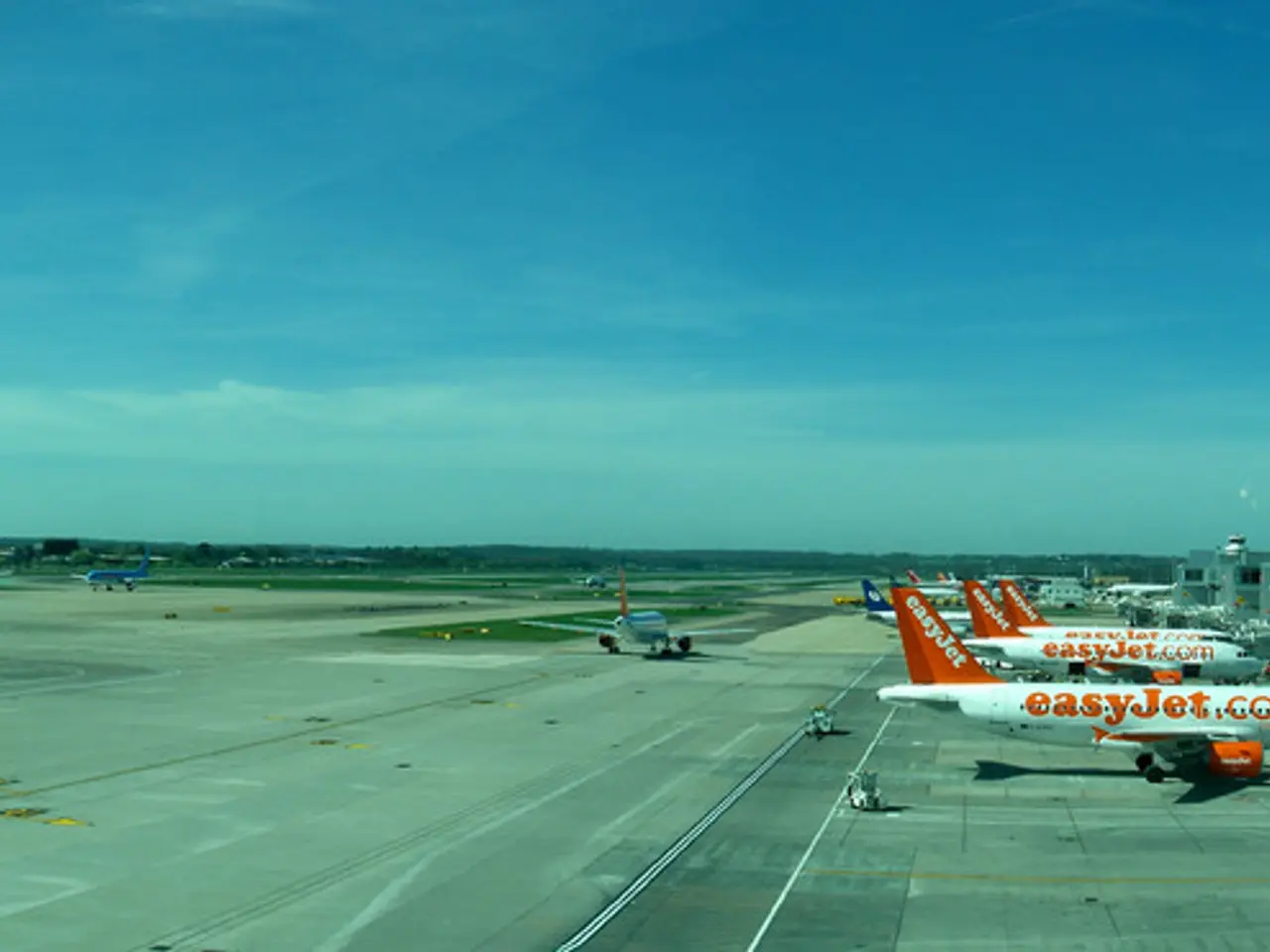Enhancing Climate Adaptation with a US$120 Million Investment: The Green Climate Fund and UNEP Launch New Projects
The Green Climate Fund (GCF) and the UN Environment Programme (UNEP) have announced a significant investment in climate resilience projects across Ghana, the Maldives, and Mauritania, totalling over $120 million [1][2][3]. These initiatives aim to strengthen climate resilience in vulnerable communities by focusing on nature-based solutions, climate-resilient agriculture, early warning systems, and water security.
In Ghana, a project worth $70 million, primarily funded by a $63 million GCF grant, targets the North East, Upper East, and Upper West regions. The project aims to benefit approximately 619,000 people directly and provide climate alerts to 2.9 million. Nature-based solutions include restoring 28,000 hectares of degraded land. Early warning systems will be installed via the Ghana Meteorological Agency to provide climate alerts. Water security is enhanced through infrastructure for dry-season farming and water storage. The project also fosters climate-resilient agriculture, improving food security for about 120,000 individuals [1][3].
The Maldives project, worth $25 million, focuses on combating sea-level rise and extreme weather events. It aims to protect over 500,000 people by scaling early warning systems. The project integrates nature-based approaches tailored to Small Island Developing States (SIDS) vulnerabilities [1][2][3][5].
In Mauritania, a new project, funded by a $33 million investment including a $30 million GCF grant, aims to restore ecosystems and secure livelihoods in four vulnerable hubs: Aoujeft, Rachid, Tamcheket, and Nema. The project supports Mauritania's contributions to the Great Green Wall, a multilateral African initiative to combat desertification and build climate resilience across the continent. It protects about 2,100 hectares of land and benefits approximately 85,000 people directly, with positive effects on 145,000 more. The project enhances climate-resilient agriculture, ecosystem restoration, and water security [1][3][5].
These projects demonstrate support for country ownership of national climate action priorities in Ghana, Maldives, and Mauritania, as stated by Henry Gonzalez, Chief Investment Officer of the GCF. They are a major step forward in deploying adaptation finance where it is most needed, particularly in Small Island Developing States (SIDS) and the Sahel region [1]. The initiatives align with the Early Warnings for All (EW4All) initiative and aim to benefit over half a million people in the Maldives, directly benefiting 85,000 people in Mauritania, and improving resilience for 145,000 more.
Overall, these funded projects emphasize locally led, science-based solutions combining ecosystem restoration, improved farming practices, early warnings for climate hazards, and water infrastructure to build resilient communities in countries highly exposed to climate risks [1][2][3].
[1] The Green Climate Fund (GCF) and the UN Environment Programme (UNEP) announced a significant investment in climate resilience projects across Ghana, the Maldives, and Mauritania, totalling over $120 million.
[2] The projects aim to help vulnerable communities adapt to climate change through nature-based solutions, climate-resilient agriculture, early warning systems, and improved water security.
[3] The initiatives are a major step forward in deploying adaptation finance where it is most needed, particularly in Small Island Developing States (SIDS) and the Sahel region.
[4] The projects, developed by the UN Environment Programme (UNEP), aim to build the resilience of agroecosystems and rural livelihoods in Northern Ghana, benefiting 619,000 people directly and improving food security for around 120,000 individuals.
[5] The Maldives project, named TRACT, focuses on strengthening climate services and impact-based multi-hazard early warning in the Maldives, and will be implemented over five years under the lead of UNEP.
- The Maldives project, named TRACT, is led by the UN Environment Programme (UNEP) and aims to build the resilience of the Maldives by focusing on strengthening climate services and impact-based multi-hazard early warning systems, benefiting over half a million people.
- In addition to the Maldives, the GCF and UNEP have invested in climate resilience projects in Ghana and Mauritania, with Ghana's project targeting agriculture and water security, aiming to benefit 619,000 people directly and improve food security for around 120,000 individuals.
- These investments reflect a commitment to climate finance, as they prioritize adaptation finance in regions highly exposed to climate risks, such as Small Island Developing States (SIDS) and the Sahel region.
- The Mauritania project, also led by UNEP, focuses on restoring ecosystems and securing livelihoods in four vulnerable hubs, aiming to protect about 2,100 hectares of land and benefit approximately 85,000 people directly, with positive effects on an additional 145,000 people.




